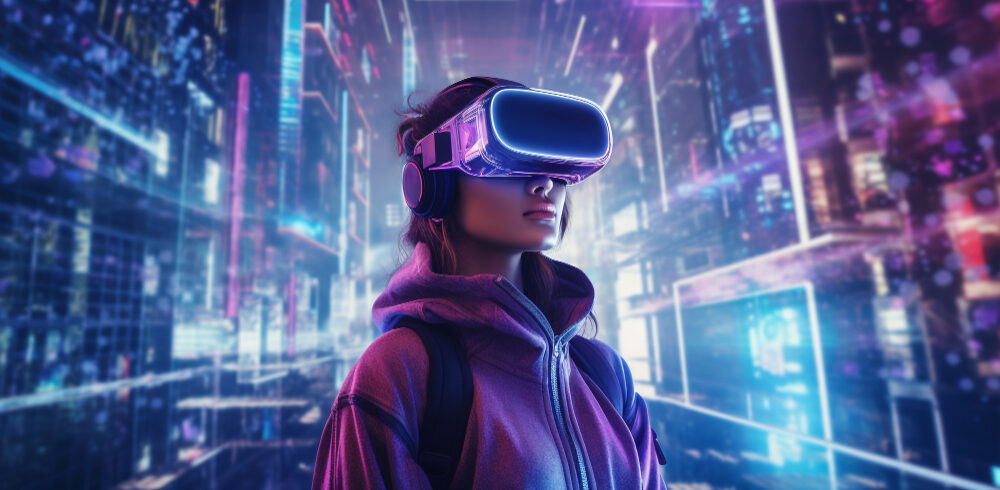AI Agents: Revolutionizing the Gaming Industry
The gaming industry has always been a fertile ground for technological innovation, continuously evolving from simple pixel graphics to complex, lifelike experiences. One of the most transformative forces today is the rise of Artificial Intelligence (AI) agents, sophisticated entities capable of independent decision-making and adaptive learning within gaming environments. With over 25 years of experience analyzing gaming trends and a deep understanding of AI at a PhD level, I’ve seen firsthand how these intelligent systems have dramatically reshaped gameplay and player engagement.
Current Trends in AI Agents
Today, AI agents are becoming increasingly sophisticated, capable of behaviors previously thought impossible in virtual settings. The current trend emphasizes real-time adaptability and personalized experiences. Games such as “Middle-earth: Shadow of War” and “Alien: Isolation” have showcased AI agents that respond dynamically to player actions, learning patterns, and adapting tactics in real-time to provide unique, tailored gameplay.
Another significant trend is procedural content generation (PCG), where AI agents autonomously create entire worlds, quests, or narratives, drastically reducing production time and costs while offering infinite replayability. Games like “No Man’s Sky” use AI-driven procedural generation to deliver expansive, diverse universes filled with unique encounters and landscapes.
Challenges Facing AI Agents
While the benefits are enormous, implementing AI agents in gaming is fraught with challenges. First, there is the issue of computational resources. Powerful, adaptive AI requires significant processing capabilities, which can strain hardware, especially on consoles or mobile platforms.
Additionally, balancing realism and fun presents another obstacle. Highly realistic AI might become overly challenging or frustrating to players, disrupting the delicate balance essential for enjoyable gaming experiences. Games must ensure that AI behavior remains believable and fair, maintaining player engagement without diminishing enjoyment.
Data privacy is another concern, especially with adaptive AI that learns from player behaviors. Ensuring player data security while providing personalized experiences remains a complex task for developers.
Opportunities Offered by AI Agents
Despite these challenges, AI agents present substantial opportunities. They enable developers to create more engaging and immersive worlds, drastically enhancing user experience. AI-driven NPCs (non-player characters) can interact realistically with players, providing personalized story arcs and dynamic challenges that evolve based on player behavior.
From a business perspective, AI agents can significantly reduce development costs through procedural content generation and automated testing environments. By simulating millions of play scenarios quickly, developers can efficiently identify and correct issues, optimizing gameplay before launch.
Real-World Implementations of AI Agents
Several games have successfully integrated advanced AI, demonstrating their transformative potential. The critically acclaimed “The Last of Us Part II” employs sophisticated enemy AI that coordinates attacks, realistically responds to threats, and adapts strategies dynamically, significantly enhancing gameplay realism.
Another standout example is “Microsoft Flight Simulator,” which uses AI to generate hyper-realistic environmental dynamics and traffic behaviors, creating an authentic flight experience unparalleled in the industry. Similarly, “Forza Motorsport” leverages AI-driven Drivatars—virtual representations of real players—that learn and replicate individual driving styles, resulting in highly personalized and competitive races.
The Future of AI Agents in Gaming
Looking ahead, the future of AI agents in gaming appears exceptionally promising. As AI technology matures, games will evolve into hyper-realistic simulations that continuously adapt to player inputs, delivering tailor-made experiences far beyond current capabilities.
One significant upcoming development is the Phygital world—the integration of spatial computing technologies—combining AR, VR, and advanced data processing—further amplified by intelligent AI agents. This combination will redefine player immersion, allowing games to dynamically overlay digital content onto physical environments, blurring the lines between reality and virtual worlds. Games will be capable of creating deeply personalized experiences, adapting in real-time to player surroundings and behaviors, ushering in a new era of gaming realism and interactivity.
Moreover, we can anticipate the increased use of AI agents in game development itself, automating not just content creation but also complex debugging and optimization processes. This evolution will accelerate production cycles, reduce costs, and significantly elevate game quality.
Conclusion
AI agents are undeniably shaping the future of gaming, offering unprecedented opportunities for innovation, creativity, and engagement. Despite the inherent challenges, their ability to adapt, learn, and autonomously create content positions them as pivotal components in the ongoing evolution of the gaming landscape. As developers continue to harness this technology, players can expect richer, more dynamic, and personalized experiences that were once only imagined in science fiction. The potential for AI agents in gaming is not just transformative; it’s revolutionary.


Leave A Comment